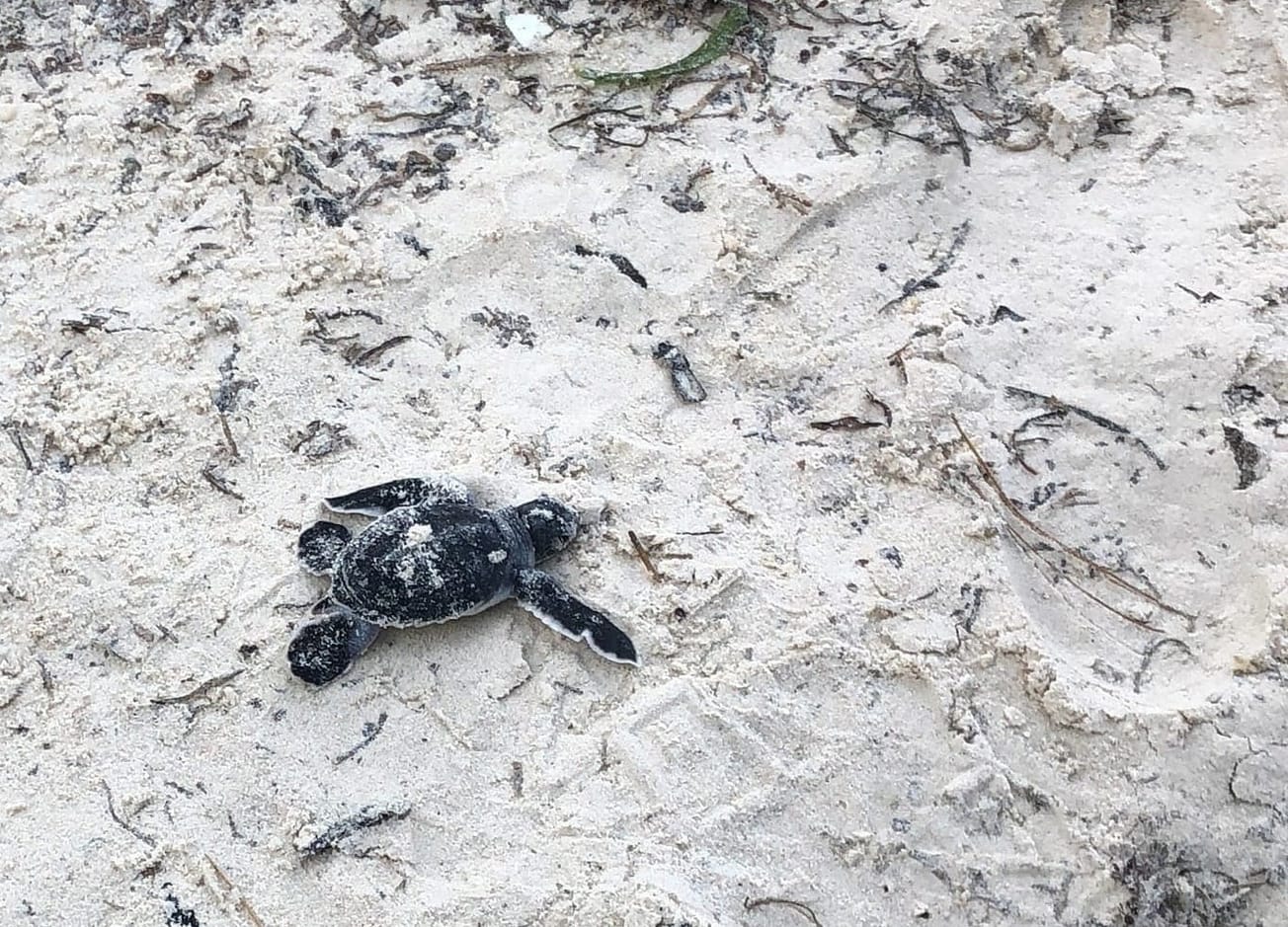By Sarah Dalton, SciTech Editor
The COVID-19 pandemic has resulted in students streaming their favourite shows more than ever before. Do you know the environmental impact of what you watch?
Following events such as Bristol’s climate strikes and the work of Extinction Rebellion, almost every modern industry has been awakened to their environmental impact. The film and television industry is no different, caught in the mad dash to cut its carbon dioxide output.
A recent study by Carbon Trust and Dimpact (comprised of researchers from the University of Bristol) has asked just how bad streaming is for our environment. The answer? Not as bad as they thought.
In fact, streaming your favourite hour-long Netflix show is the environmental equivalent of boiling a kettle for six minutes or popping four bags of popcorn in your microwave, according to Carbon Trust.

For those keen on figures, this means approximately 55 grams of carbon dioxide being placed into the atmosphere, matching the estimations made by Bristol’s carbon calculator back in March. This is good news for streamers, as the carbon footprint of Netflix is much smaller than previously thought.
Of those emissions, approximately half come from the device itself, whereas the other half come from data centres where internet information is processed and stored.
Streaming your favourite hour-long Netflix show is the environmental equivalent of boiling a kettle for six minutes
One second year English Literature student told Epigram that: ‘I definitely watch more Netflix now because lockdowns and isolation have meant that I have spent more time indoors. I think that particularly in such a carbon-conscious city like Bristol, it is really important that people are aware of the ways they use carbon in their daily lives.’
Researchers went on to conclude that although high-definition has little impact on carbon output, older technologies are generally much worse for our environment. Therefore, despite the soar in streaming service users as a result of the pandemic, the amount of energy used by Netflix continues to fall as equipment rapidly becomes more efficient.
How Netflix has helped my long-distance relationship during lockdown
Over 70% of Bristol University students suffer from climate anxiety, new survey finds
Emma Stewart, head of sustainability at Netflix, quoted the report as a ‘validation of the work we have done’ and noted how Netflix plans to reach net zero greenhouse gas emissions by 2022, offsetting all emissions it can’t eliminate by that time.
Featured Image: Unsplash/David Balev
What has been your favourite lockdown Netflix show?








